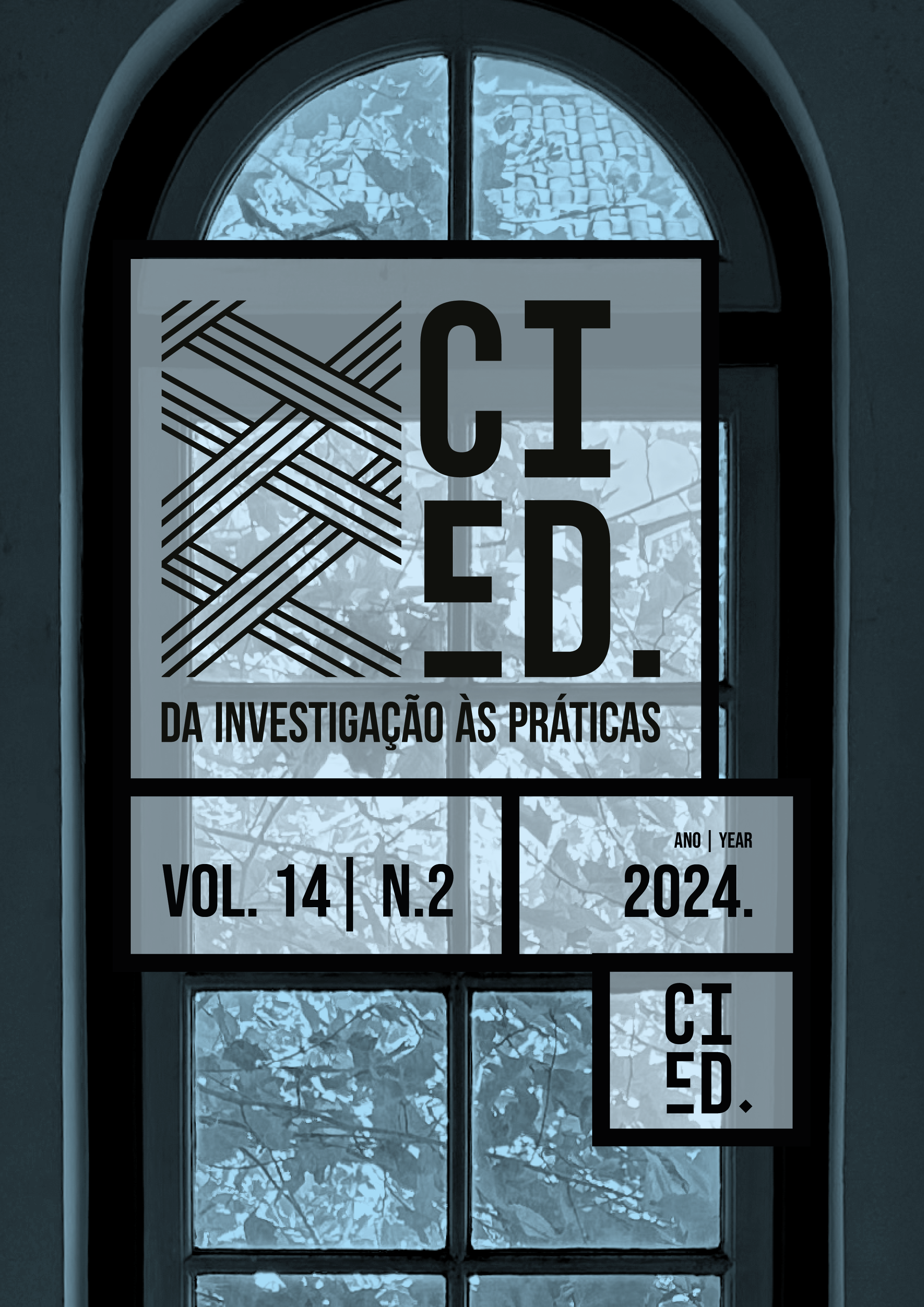Draping the cultural power of mediators in a veil of professionality
DOI:
https://doi.org/10.25757/invep.v14i2.384Keywords:
Mediation, Professionalization, Cultural powerAbstract
The concept and practices of cultural mediation have led to the constitution of a paradigm, but not a unified profession. The activities developed by staff with heterogeneous backgrounds working in sometimes distant organizational contexts are difficult to sum up as a common repertoire. The fragmented formation between several disciplines and its very status, which oscillates between institutional recognition and more informal work, is due to its conditions of emergence in the 1980-1990s, having presided over the depoliticization of the contents it conveys and the absence of the grouping of practitioners into a professional corporation in order to prevent the rise of a cultural power as it had been exercised by the socio-cultural animators the previous decade. In this context, the professionalization of the intervention made it possible to conceal its political character by counterbalancing the militant ethics of cultural mediators by the respect of the code of ethics of the professions concerned.
Downloads
References
Arnaud, L. (2015). Action culturelle et émancipation par la culture : un éclairage sociohistorique. Informations sociales, 4, n° 190, p. 46-56.
Aubouin, N., F. Kletz et O. Lenay (2010). Médiation culturelle : l'enjeu de la gestion des ressources humaines. Ministère de la Culture – DEPS, « Culture études » 1 n°1, p. 1-12.
Caune, J. (2010) Pratiques culturelles et médiation artistique: la construction du lien social. Dans Liquète, V. (dir.), Médiations. CNRS Éditions, p.85-101.
Chaumier, S. et Mairesse, F. (2017). La médiation culturelle. Armand Colin.
Deniot, J.-A. (2016). Oublier Vilar : esthétique et médiation. Dans Ferréol, G. (dir.), Médiations et régulations. L’Harmattan, p. 237-249.
Dubois, V. (2012). Le politique, l’artiste et le gestionnaire : (re)configurations locales et (dé)politisation de la culture. Éditions du Croquant.
Dumazedier, J. et Samuel, N. (1976). Le loisir et la ville II: Société éducative et pouvoir culturel. Seuil.
Gellereau, M. (2018). Processus dynamique, pratiques hybrides et engagement de la recherche : les médiations culturelles en débat. Études de communication, 50, p. 57-74.
Girel, S. (2011). Pour une éthique de la médiation culturelle ? Raison présente, n° 177, Nouvelles éditions rationalistes. https://journals.openedition.org/lectures/7483
Gramsci, A. (1996, c.1937). Cahiers de prison. Gallimard.
Hennion, A. (1993). La passion musicale: une sociologie de la médiation. Métailié.
Honneth, A. (2000, c.1992). La lutte pour la reconnaissance. Le Cerf.
Lafortune, J. M. (dir.) (2012). La médiation culturelle : le sens des mots et l'essence des pratiques. Presses de l'Université du Québec.
Lafortune, J. M. (2013). L'essor de la médiation culturelle au Québec à l'ère de la démocratisation. Bulletin des Bibliothèques de France, vol. 58, nº 3, p. 6-11.
Lafortune, J. M. (2017). (Dé)politisation de la culture et transformation des modes d’intervention. Dans Casemajor, N. et al. (dir.), Expériences critiques de la médiation culturelle. PUL, p. 33-56.
Lafortune, J. M. (2020). De la médiation culturelle à la médiatisation de la culture : entre droit et régulation. Dans De Gioia, M. et Marcon, M. (dir.), L’essentiel de la médiation : le regard des sciences humaines et sociales (p. 359–372). Peter Lang.
Lafortune, J. M. (2022). La médiation culturelle. Dans Alloing, C. (dir.), Évaluer la communication des organisations : 7 concepts et leurs mesures. PUQ, p. 177-195.
Mollard, C. (2020). Le système culturel. Dans L’ingénierie culturelle. PUF, p. 11-35.
Pagès, D. (2020). La démocratisation culturelle et les promesses des médiations culturelles numériques: mirage ou tournant ? Quaderni, 99-100, p. 97-112.
Paquin, M. (2018). La formation d’études supérieures en médiation culturelle au Québec: contribution au développement des intervenants culturels. Dans Greffier, L., Montero, S. et Tozzi, P. (dir.), L’animation socioculturelle : quels rapports à la médiation ? Carrières sociales éditions, p. 75-88.
Patrimoine canadien (2017). Un Canada créatif. Gouvernement du Canada.
Schön, D. A. (1994). Le praticien réflexif: à la recherche du savoir caché dans l’agir professionnel. Les éditions Logique.
Srnicek, N. (2018). Capitalisme de plateforme: l’hégémonie de l’économie numérique. Lux.
Stanley, D. (2007). Réflexions sur la fonction de la culture dans la construction de la citoyenneté. Conseil de l’Europe.
Unesco (2018). Re | Penser les politiques culturelles : la créativité au cœur du développement.
Williams, R. (2009, c.1958). Culture et matérialisme. Les Prairies ordinaires.
Downloads
Published
How to Cite
Issue
Section
License
Copyright (c) 2024 Jean-Marie Lafortune

This work is licensed under a Creative Commons Attribution 4.0 International License.
Articles published or submitted to Da Investigação às Práticas are licensed according to Creative Commons Attribution License (CC BY 4.0). Authors agree that:
Copyrights of all articles published are retained by authors with first publication copyright granted to the journal.
All articles are under the Creative Commons Attribution License recognizing the authorship of the publication and identifying that first publication took place in this journal.
Authors have the right to free distribute or make available in private or institutional pages the version published by Da Investigação às Práticas: Estudos de Natureza Educacional provided the original proper citation.
The journal only accepts articles not published previously (except in the form of an abstract or as part of academic thesis), that it is not under consideration for publication elsewhere. After published, the article cannot be published again partial or totally without the editorial board consent.





 e-ISSN: 2182-1372
e-ISSN: 2182-1372